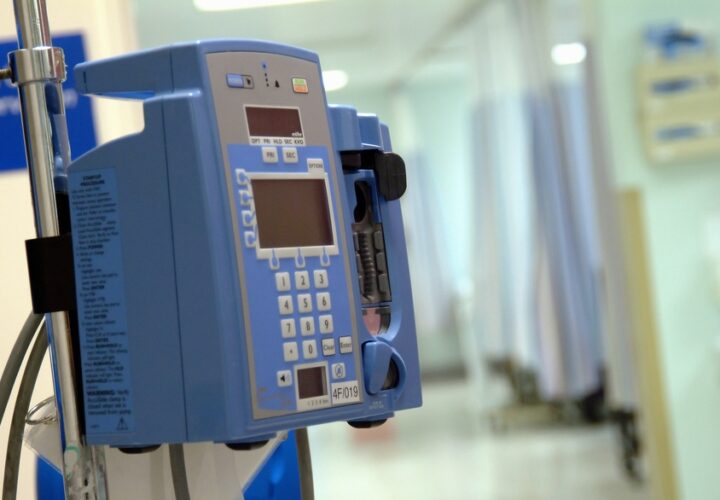Dementia patients exhibiting signs of delirium may actually be suffering without being able to explain their pain, according to a new study from researchers at the University College London.
Delirium is a common symptom of dementia. It comes on suddenly and is marked by confusion, disorientation and rambling speech. Patients may also hallucinate or become paranoid. It may make a patient unusually alert or sleepy. Around 20 percent of older people in hospitals have delirium, which can be triggered by an underlying medical condition or recent surgery. But in people with dementia, delirium is much more common—they are six times more likely than older people without dementia to be admitted into a hospital with delirium. It also makes the situation much more dire, as those with delirium are at an increased risk for death or readmission to a hospital over the next 12 months.
In this study, researchers found that a third of dementia patients in hospitals are unable to communicate the pain they are in because it triggers a state of delirium. They discovered this by assessing 230 patients in acute care hospitals in London. Thirty-five percent of those patients were delirious and unable to communicate, though many had previously reported pain at rest and when moving. The odds of being delirious were 3.26 higher in patients who had previously reported being in pain at rest.
“On days when people with dementia experienced pain greater than their average level, they experienced more delirium symptoms,” wrote the researchers. They concluded that pain is a trigger of delirium, even when patients were prescribed pain medication.
The problem is that while delirium can be lessened with interventions, it goes undiagnosed in up to 75 percent of cases because it is mistaken for dementia.
“It’s deeply troubling to think that this vulnerable group of patients are suffering in silence, unable to tell healthcare professionals that they are in pain,” said Dr. Liz Sampson, of the Marie Curie palliative care research department at U.C.L. “In the U.K., almost half of people admitted to hospital over the age of 70 will have dementia. We know that they are a high-risk group for delirium and yet delirium is often under treated,” she said.
Researchers were able to assess the pain of those who were unable to communicate using a measure called Pain Assessment in Advanced Dementia Scale, or PAINAD. The scale judges pain by facial expression and body language. They said hospital staff should regularly use this measure to determine pain in delirium patients.
“We know that people living with dementia can find it difficult to communicate, and when this concerns inability to communicate pain to hospital staff, it’s clearly extremely concerning, as it’s not only upsetting and frustrating but can have serious consequences on a person’s health,” said Doug Brown, chief policy and research officer at the Alzheimer’s Society. “The link this research shows between delirium and pain shows that the problem may be worse than previously realized.”
This study was published in the journal Age and Ageing.


